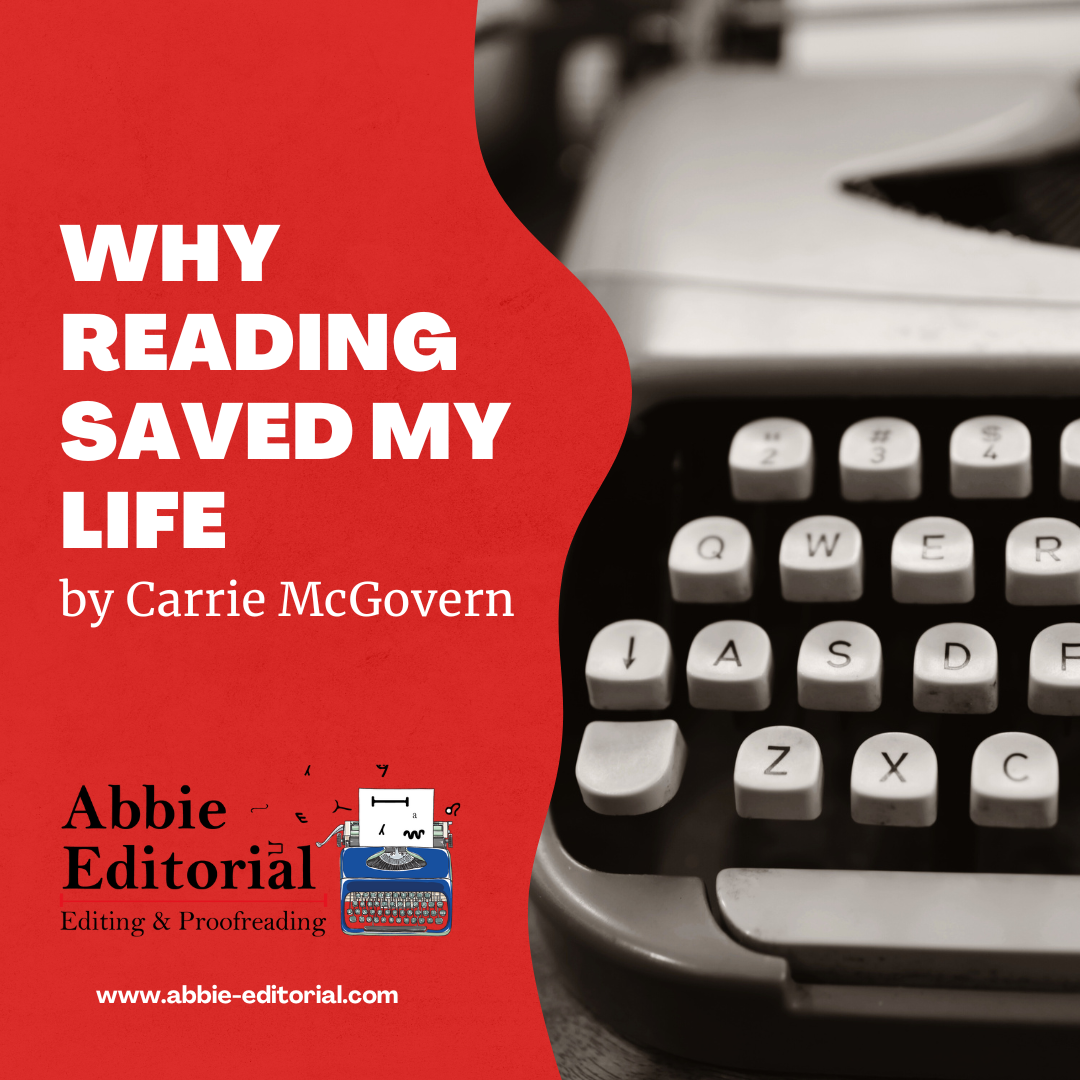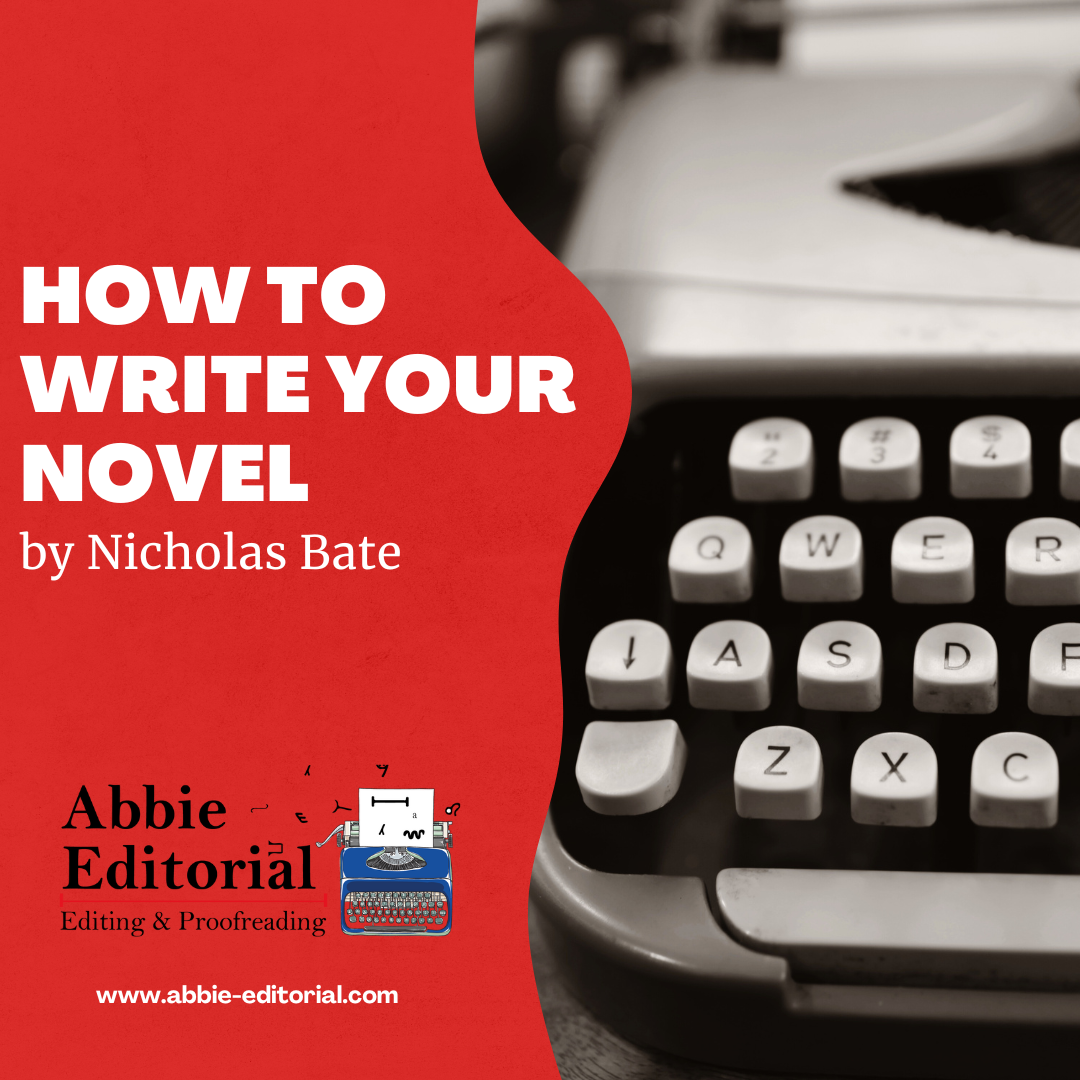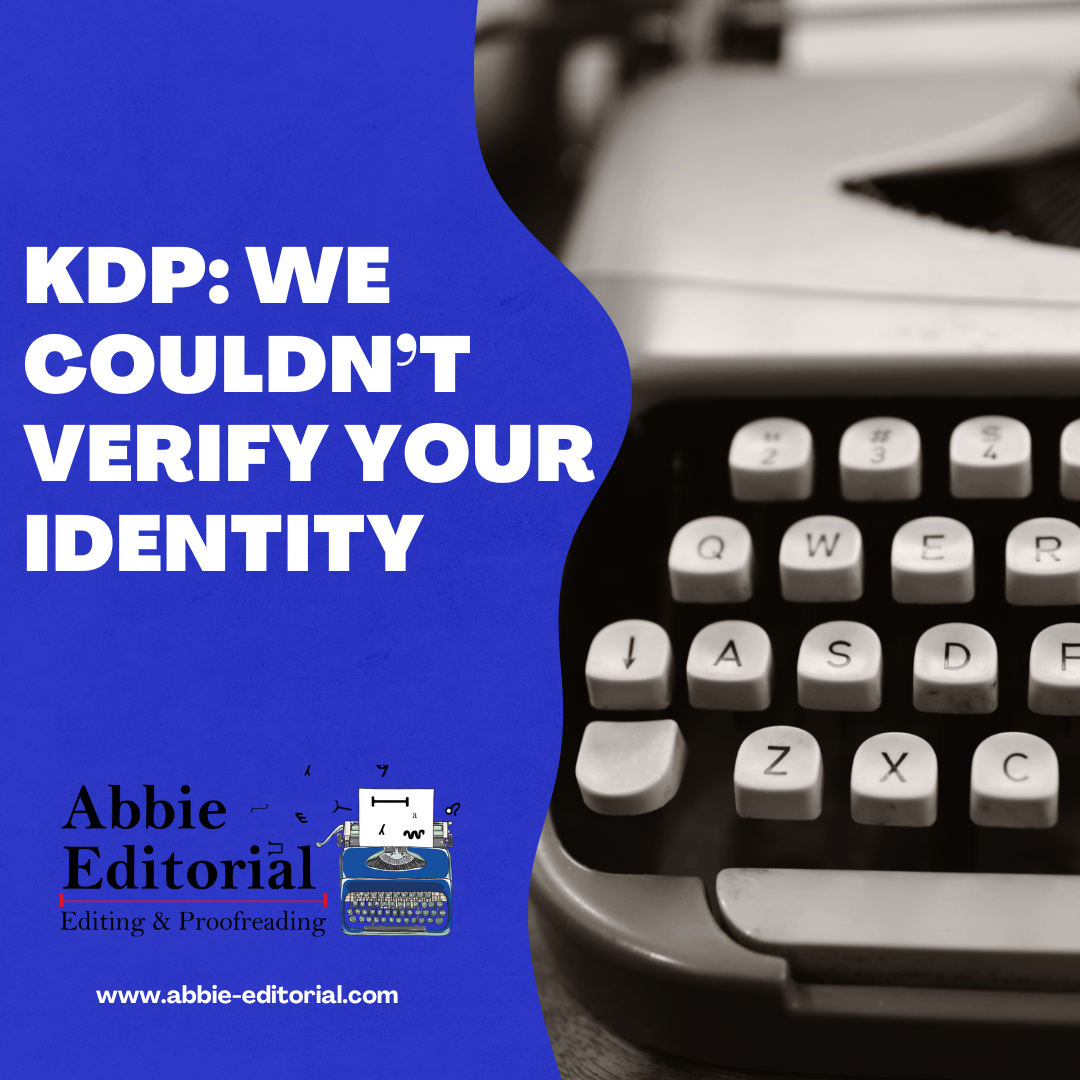How do I publish my book?

Love it or hate it, there is no doubt Amazon has given writers more options when it comes to being published. In the past, you had to be represented by a literary agent to have any chance of your manuscript being turned into a book. Today, publishing is open to everyone and no longer excludes writers who aren’t white and middle- or upper-class (although there's still a long way to go).
This leads to a dilemma for new and emerging authors. I’m often asked at the end of the editing process, 'How do I get my book published?'. It can be confusing and daunting if you’re not in the industry. In this post, I aim to outline the publishing options open to you, from seeking a literary agent to self-publishing, the pros and cons of each, and how to approach them.
1. Literary Agents
The more traditional route to being a published author is to find a literary agent who will represent you. This involves taking part in the process of querying. Basically, you send out your manuscripts to literary agencies… and then wait! However, it isn’t as simple as finding every agency within the country and emailing them your work. You need to do your research as agents typically have lists and preferred genres. You are going to waste your time (and be disappointed) if you send your horror novel to an agent who manages romance novels.
Many writers harbour dreams of being represented by a literary agent, and it still holds a certain prestige – although that is increasingly merely a perception; a hangover from what we still consider to be 'traditional' publishing. But like everything in life, having an agent comes with pros and cons.
Pros:
- They provide a gateway into the Big 5 publishing houses who do not take unsolicited manuscripts.
- They will prepare your manuscript and proposal for submission.
- They will find the right publishing house for your book.
- They can negotiate any potential publishing deal for you. Let’s face it, it’s nice to leave it in the hands of people who know what they are doing!
- They will ensure your contract is fair (and will understand it!).
Cons:
- There are some dodgy agents who won’t have your best interests at heart, and scams exist in the publishing world. Note that you will not be expected to provide an upfront fee to a reputable literary agent.
- While they do act as the gatekeepers to the Big 5, this doesn’t necessarily mean that bagging an agent will result in a deal with Penguin. At the risk of sounding cynical, it’s probably best to assume you won’t get a contract with one of the Big 5 (but still go for it if you want to – shy bairns get nowt).
- It doesn’t automatically guarantee a publishing deal. Your agent may not be able to sell your manuscript.
- Literary agents aren’t free. You will have to pay a percentage of your royalties to your agent if you are successful.
- The road to publishing is likely to take longer with an agent than if you approach independent publishers yourself or self-publish.
Still feel that being represented by an agent is the right option for you? Make sure you go about it in a way that will maximise your chances of success:
- Take time getting your manuscript into good shape before sending it out.
- Research. As stated earlier, you have to find the right agent for you and your manuscript. A great place to start is by looking at a copy of The Writers’ and Artists’ Yearbook . (This will also, hopefully, help prevent you from being scammed.)
- Don’t use a generic cover letter and send it out to all agents on your preferred list. Personalise it to the agency you are approaching.
- Read each agency’s submission guidelines and follow them!
- Be patient and develop a thick skin. Believe me, you will need to be patient and get used to waiting… and waiting some more. It also helps not to take rejection personally. It’s pretty much a given that you will be rejected – this doesn’t mean your work is crap and you should give up; it’s probably the case that the agent doesn’t feel they can sell your manuscript at this time.
- Don’t immediately accept the first offer if you’re lucky to receive one. Take your time to decide who you want to work with and who will be the best fit for you.
2. Independent Publishers
The reputation of indie presses has changed over recent years, and many are enjoying considerable success and launching the careers of debut authors. Again, research is necessary before you start querying. The independent publisher route is a great option for writers, but there are pros and cons.
Pros:
- You don’t need to be represented by an agent to submit to them.
- They are more likely to take a risk on an unknown/debut author.
- The costs of publishing your book will be covered by the publisher.
- As a general rule, royalty rates will be higher.
- You won’t have to give a percentage of your royalties to an agent, thus the amount taken is lower than with one.
- Generally, more say over things such as cover design.
- If publishing with a digital-first press, your book is likely to be on the (virtual) shelves more quickly than with a traditional publisher.
- Your book, once published, will be marketed.
Cons:
- It’s unlikely your books will appear in Waterstones and the like.
- No guarantee that your book will sell (but this is across the board).
- The publisher will take a percentage of your royalties.
- You will still have to engage in marketing yourself as an author and your book(s).
The advice I would give to finding an independent publisher is similar to that of finding an agent:
- Take the time to get your manuscript into good shape before you submit. Don’t write one draft and then send it off.
- Research. Again, you can use the Writers’ and Artists’ Yearbook as your initial guide. Look for presses who publish your genre, otherwise you are potentially wasting your time.
- Look up the publishers you are thinking of submitting to. How well are recent releases selling? Do they have a good reputation?
- Read each publishing house’s submission guidelines and follow them.
- Personalise your submission to each individual publishing house.
- Again, be patient and don’t take rejection personally.
- Don’t immediately accept the first offer you receive and take advice on any contract offered (The Society of Authors offer this service, I believe).
- If a ‘publishing house’ asks you to contribute to the cost of publishing your book, run for the hills! (See my blog post on vanity presses here .)
3. Self-publishing
Lots of authors are choosing to self-publish their books, and it is relatively easy to do thanks to Amazon and digital publishing. There are numerous reasons why a writer may choose this path, and it is often a deliberate decision rather than one they have been forced into. Like the independent publisher, the reputation of self-publishing has improved recently along with quality, and there are a number of incredibly successful self-published authors.
Pros:
- You have complete control over your work – genre, cover, when and how it’s published, who you work with, pricing and marketing. Basically, you don’t have to compromise with anyone!
- You can choose and work to your own timescale and deadline.
- You retain all the rights to your work.
- You don’t have to share the profits of any sales.
Cons:
- Expense. You will have to bear the costs yourself and they will potentially include editing, proofreading, formatting, cover design, copywriting and marketing. If you want to produce a high-quality book (and you should, given the time you have spent writing it and for the sake of your reputation), it is going to cost you.
- You will have to source your own professionals and, as with agents, there are some dodgy ones out there (a post on how to find a good editor and proofreader is coming).
- If you think writing and editing are difficult, wait until you try selling it! There are hundreds of books published every day, and it’s probably fair to say that the market is saturated (yes, I’m being cynical again). To break through and get it noticed, you have to spend a lot of time on marketing and being active on social media.
Apart from start saving now, I would offer this advice to those wanting to self-publish:
- It’s really tempting to rush the process, but please take your time. Get your manuscript into good shape, and don’t hire the first editor, proofreader, typesetter and cover designer you come across – it will be worth it in the end.
- Conduct extensive research when choosing the professionals you’re going to work with. You are paying for this so you don’t want to be ripped off.
- Start building up your social media presence before you publish your book. Getting your name out there and becoming ‘known’ will help when it comes to marketing your finished product.
- Gain support from other authors on Twitter, Facebook and Instagram. The writing community is generally incredibly supportive. Self-publishing isn’t for the faint-hearted, so seek all the support and advice you can.
- Treat it as a business from the start. Yes, it is a creative process, but you also want a return on your investment.
Making the right publishing decision for you involves research, and it’s best to take some time to consider your options. You could try options one and two, before thinking about self-publishing and see how you get on. During that time, get your social media presence established as that will stand you in good stead regardless of which route you eventually take.










